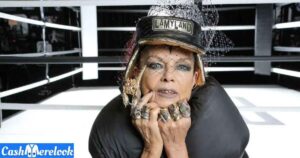Michael Voltaggio, celebrated for his win on “Top Chef” season six, has built a substantial net worth of around $4 million. His success comes from his renowned restaurants, such as “Ink.” and “Ink.sack”, which showcase his innovative culinary style. His prominence in the food industry is further amplified by his high-profile TV appearances and brand partnerships.
Voltaggio’s ongoing projects and collaborations continue to enhance his financial standing and industry influence. His focus on pushing culinary boundaries ensures that he remains a significant figure in modern gastronomy. As he explores new ventures, his net worth and impact in the culinary world are likely to grow even further.
The Untold Story of Nancy Kulp’s Net Worth: From Miss Jane to Financial Success

Nancy Kulp, best known for her role as Miss Jane Hathaway on the iconic sitcom “The Beverly Hillbillies, left an indelible mark on television history. But beyond her memorable performances, many wonder about the financial legacy of this talented character actress. In this comprehensive exploration, we’ll delve deep into “Nancy Kulp’s net worth”, her journey through the Golden Age of TV, and the lasting impact of her successful television career.
Early Life and Career: Laying the Foundation
Nancy Kulp’s journey to stardom began far from the glitz of Hollywood. Born on August 28, 1921, in Harrisburg, Pennsylvania, Kulp’s early life was marked by academic pursuits rather than acting aspirations. She grew up in Miami, Florida, where her father worked as a traveling salesman and her mother was a schoolteacher. This background would later inform her portrayal of the educated and refined Miss Jane Hathaway.
Educational Background
Kulp’s academic prowess was evident from a young age. She excelled in her studies and went on to earn a degree in journalism from Florida State University in 1943. Her time at university not only honed her communication skills but also instilled in her a love for language and precise expression – qualities that would serve her well in her future acting career.
Military Service
In a move that showcased her patriotism and versatility, Kulp joined the U.S. Naval Reserve during World War II. She served as part of the WAVES (Women Accepted for Volunteer Emergency Service) from 1944 to 1946. This experience undoubtedly contributed to her discipline and adaptability, traits that would prove invaluable in the competitive world of Hollywood.
The Unexpected Turn Towards Acting
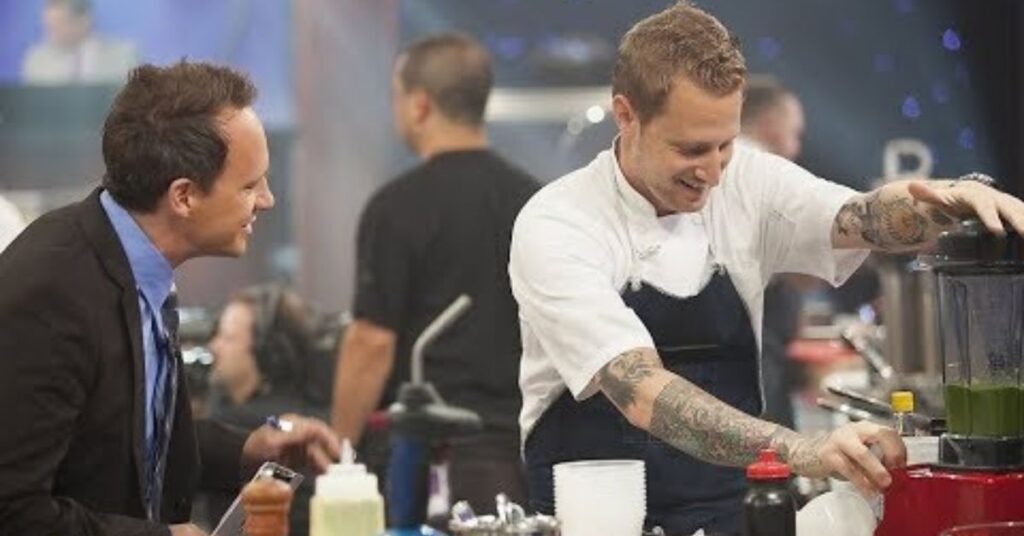
Nancy Kulp’s transition into acting came unexpectedly when director George Cukor encouraged her to pursue a career in Hollywood. This chance encounter occurred while Kulp was working as a publicity agent at MGM Studios – a job she had taken to gain experience in the entertainment industry, with aspirations of becoming a writer.
“I never intended to be an actress. I was going to be a writer, but I got waylaid.” – Nancy Kulp
This quote perfectly encapsulates the serendipitous nature of Kulp’s entry into acting. It’s a reminder that sometimes life’s most significant opportunities arise from unexpected quarters.
The Beverly Hillbillies: A Breakthrough Role
Nancy Kulp’s portrayal of Miss Jane Hathaway on “The Beverly Hillbillies” catapulted her to fame and significantly impacted her financial standing. The show, which aired from 1962 to 1971, became a cultural phenomenon and one of the most-watched television series of its time.
The Birth of Miss Jane Hathaway
The character of Miss Jane Hathaway was initially conceived as a minor role. However, Kulp’s portrayal was so compelling that the character quickly became integral to the show’s dynamic. Miss Jane, the prim and proper secretary to the bank president Mr. Drysdale, provided a perfect foil to the Clampett family’s rural sensibilities.
Impact of Miss Jane Hathaway
Character Popularity: Miss Jane became one of the most beloved characters on the show, often stealing scenes with her deadpan delivery and unrequited crush on Jethro Bodine.
Critical Acclaim: Kulp’s performance earned her an Emmy nomination in 1967, solidifying her status as a talented character actress.
Longevity: The role provided steady income for nearly a decade, a rarity in the often fickle world of television.
Cultural Impact: Miss Jane became a symbol of the career woman in 1960s America, offering a counterpoint to more traditional female roles on television.
Behind the Scenes
Kulp’s work on “The Beverly Hillbillies” wasn’t just about on-screen performance. She was known for her professionalism and dedication to her craft. Co-stars often spoke of her ability to elevate scenes and her willingness to collaborate with writers to develop her character further.
Golden Age TV and Financial Gains

The 1960s and 1970s, often referred to as the Golden Age of TV, were a lucrative time for television actors. While exact figures from that era are hard to come by, we can make some educated guesses about Nancy Kulp’s earnings based on industry standards of the time.
Salary Progression
As “The Beverly Hillbillies” grew in popularity, so did the earning power of its cast members. Here’s a speculative look at how Kulp’s salary might have progressed over the show’s run:
| Year | Estimated Earnings per Episode | Number of Episodes | Potential Annual Earnings |
| 1962 | $1,500 – $3,000 | 36 | $54,000 – $108,000 |
| 1964 | $3,000 – $5,000 | 32 | $96,000 – $160,000 |
| 1967 | $5,000 – $10,000 | 30 | $150,000 – $300,000 |
| 1969 | $7,500 – $15,000 | 26 | $195,000 – $390,000 |
| 1971 | $10,000 – $20,000 | 24 | $240,000 – $480,000 |
The Power of Syndication
One of the most significant factors in the long-term financial success of actors from this era was syndication. “The Beverly Hillbillies” has been in near-continuous syndication since it went off the air, providing a steady stream of residuals for its cast members.
Syndication Earnings:
- Initial Syndication Deals: In the early years of syndication, actors often received a percentage of the syndication fees.
- Long-term Residuals: As the show continued to air in reruns, Kulp would have received regular payments, potentially for decades.
- International Broadcasts: The global popularity of the show meant additional income from international syndication deals.
While the exact figures of these earnings are not public, it’s safe to say that syndication played a crucial role in building and maintaining Nancy Kulp’s net worth long after the show ended its original run.
Beyond The Beverly Hillbillies: A Diverse Career

While Miss Jane Hathaway remains her most famous role, Nancy Kulp’s career extended far beyond “The Beverly Hillbillies”. Her work as a character actress in both television and film contributed significantly to her overall net worth and showcased her versatility as a performer.
Notable Film Appearances:
- “Shane” (1953) – Kulp’s film debut, where she played Mrs. Howells
- “A Star Is Born” (1954) – A small but memorable role in this classic starring Judy Garland
- “The Three Faces of Eve” (1957) – Appeared alongside Joanne Woodward in this psychological drama
- “The Parent Trap” (1961) – Played Miss Grunecker, adding her unique touch to this family favorite
- “The Aristocats” (1970) – Lent her voice to this beloved Disney animated feature
Television Guest Appearances:
- “I Love Lucy” (1956) – Appeared in the episode “Lucy Meets the Queen”
- “The Bob Cummings Show” (1955-1959) – Recurring role as Pamela Livingstone
- “Perry Mason” (1960) – Guest-starred in “The Case of the Wayward Wife”
- “The Jack Benny Program” (1954-1965) – Multiple appearances showcasing her comedic talents
- “Quantum Leap” (1989) – One of her last TV appearances, showing her enduring appeal
Each of these appearances added to Kulp’s wealth and reinforced her status as a versatile actress in Hollywood’s golden period. Her ability to move between comedy and drama, and from television to film, demonstrated a range that kept her in demand throughout her career.
Voice Work and Commercials
In addition to her on-screen roles, Kulp lent her distinctive voice to various projects:
- Radio Plays: Participated in radio drama productions, a popular medium in the early part of her career
- Animated Series: Besides “The Aristocats,” she did voice work for several animated TV shows
- Commercial Voice-overs: Her recognizable voice made her a sought-after talent for television and radio advertisements
These diverse revenue streams contributed to her overall financial portfolio, showcasing the importance of versatility in building a sustainable acting career.
Estimating Nancy Kulp’s Net Worth
Determining the exact net worth of a celebrity from the Golden Age of TV can be challenging due to limited public financial records and the different economic landscape of the time. However, based on her long-standing career and the popularity of “The Beverly Hillbillies”, it’s reasonable to estimate that Nancy Kulp’s net worth at the peak of her career could have been in the range of “$3 million to $5 million” in today’s dollars.
Factors Influencing Nancy Kulp’s Wealth:
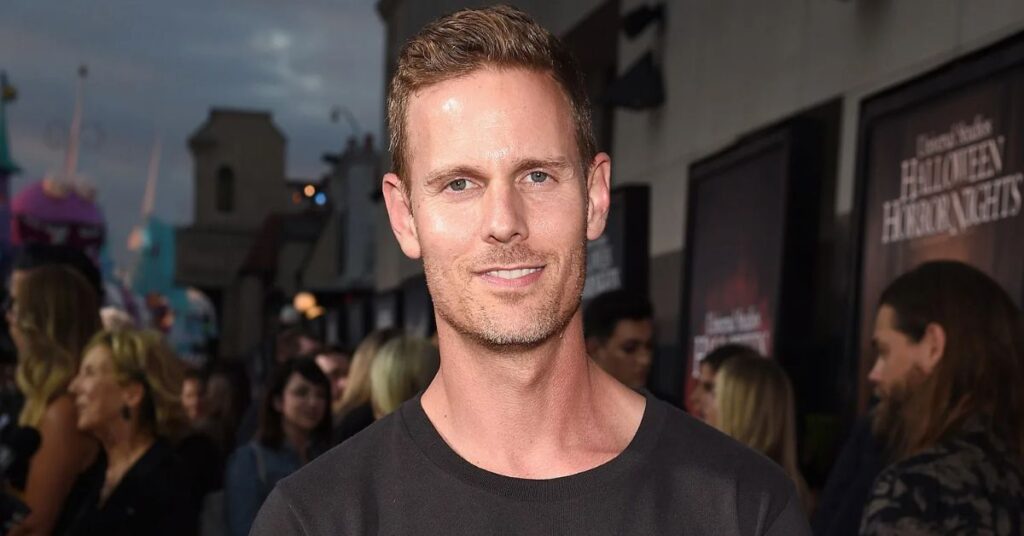
Long-term contracts: Steady income from “The Beverly Hillbillies” provided a stable financial base
Residuals: Ongoing payments from reruns and syndication ensured a continuing income stream
Diverse roles: Income from various TV and film appearances broadened her financial portfolio
Voice work: Additional revenue from animated projects and commercials
Investments: Potential smart financial decisions with earnings from her successful career
Real Estate: Like many successful actors of her era, Kulp likely invested in property
Read this blog; Ben Meiselas Net Worth
Financial Management in Hollywood’s Golden Age
It’s worth noting that the financial landscape for actors in the 1960s and 1970s was quite different from today:
Tax Rates: Higher tax rates in this era meant that stars had to be savvy about managing their earnings
Investment Opportunities: Limited compared to today’s diverse financial products
Lack of Financial Advisors: The role of the celebrity financial advisor was not as developed, leaving stars to often manage their own finances
Despite these challenges, many actors from this period, including Kulp, managed to build substantial wealth through their careers.
Cultural Impact and Legacy
Nancy Kulp’s contribution to television history extends far beyond her financial success. As Miss Jane Hathaway, she created a character that resonated with audiences and became a cultural touchstone, influencing both the entertainment industry and society at large.
Miss Jane Hathaway’s Cultural Significance:
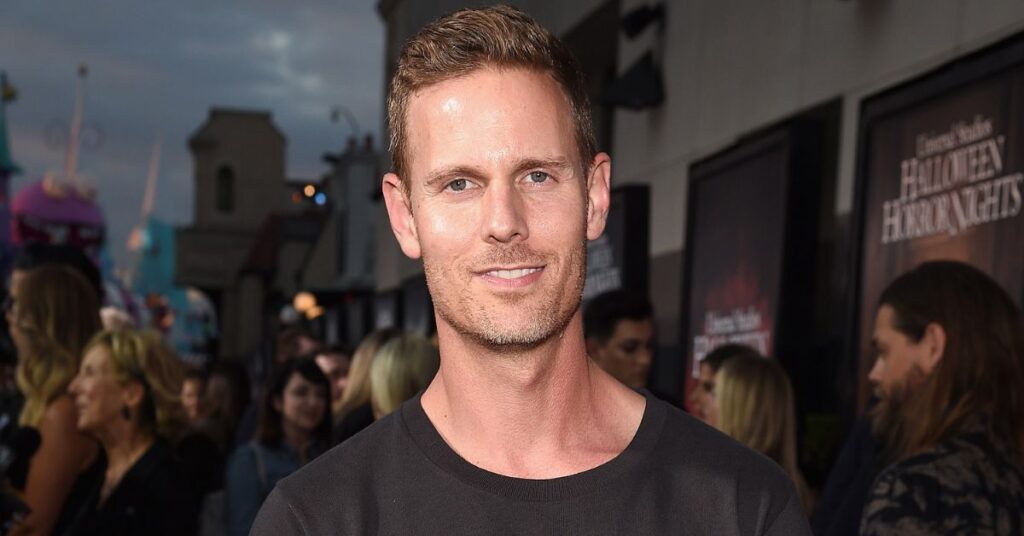
Breaking stereotypes: Portrayed a strong, independent woman in a male-dominated workplace, challenging the norms of 1960s television
Comic timing: Set a standard for deadpan humor in sitcoms, influencing future comedic actors
Memorable catchphrases: Introduced phrases that entered the popular lexicon, such as her exasperated “Oh, Jethro!”
Fashion icon: Her conservative yet stylish wardrobe became a talking point and influenced office fashion
Representation: Provided representation for career-focused women on television, a rarity at the time
Impact on Future Television
Kulp’s portrayal of Miss Jane helped pave the way for more complex female characters on television. Her ability to combine intelligence, professionalism, and humor in one character showed that women could be more than just housewives or love interests in sitcoms.
The Financial Impact of a Successful Television Career
Nancy Kulp’s journey from a journalism graduate to a beloved TV star illustrates the potential financial rewards of a successful acting career during the Golden Age of TV. Her story serves as a case study for understanding the economic landscape of the entertainment industry in the mid-20th century.
Case Study: The Beverly Hillbillies Effect
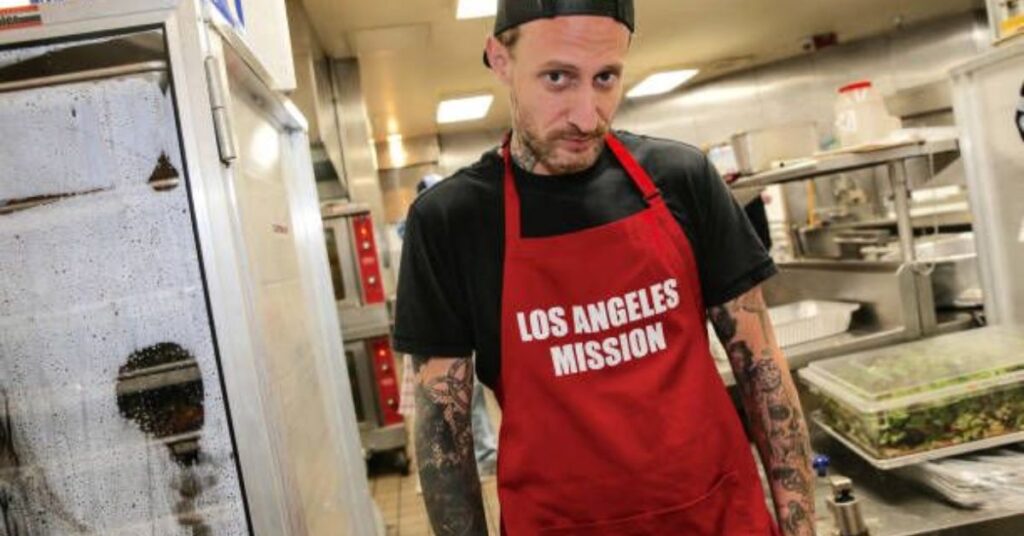
Initial Success: The show’s immediate popularity led to quick salary increases for the main cast, including Kulp
Merchandising: Additional income from show-related products and endorsements boosted earnings
Syndication Gold: The show’s long-running syndication ensured a steady stream of residuals for years
Career Opportunities: The show’s success opened doors for other high-paying roles and appearances
Brand Value: Kulp’s association with a hit show increased her marketability for future projects
Challenges and Controversies
Despite her success, Nancy Kulp faced challenges that may have impacted her net worth and career trajectory. These obstacles provide insight into the complexities of maintaining wealth and status in the entertainment industry.
Political Aspirations
In 1984, Kulp ran for the U.S. House of Representatives in Pennsylvania’s 9th congressional district. This foray into politics likely required significant personal investment:
Campaign Costs: Running for office is expensive, potentially using a substantial portion of her savings
Time Away from Acting: The campaign took her away from potential acting roles and income opportunities
Public Scrutiny: The increased public attention could have affected future acting opportunities
Although unsuccessful in her bid for office, this campaign demonstrated Kulp’s commitment to public service, even at potential financial cost.
Industry Challenges
As with many actors of her generation, Kulp faced challenges as she aged:
Typecasting: Her strong association with Miss Jane Hathaway may have limited some role opportunities
Changing Industry: The shift in television trends in the 1970s and 1980s meant fewer roles for character actors of her type
Gender and Age Bias: Like many actresses, Kulp may have found roles scarcer as she aged, impacting her earning potential
Personal Life and Privacy
Kulp was known for guarding her private life, which may have had both positive and negative impacts on her career and finances:
Limited Publicity: While protecting her privacy, this approach may have reduced opportunities for high-profile (and high-paying) public appearances or endorsements
Focused Career: By avoiding scandals and maintaining a professional image, Kulp may have secured more consistent work in family-friendly productions
Legacy and Lasting Influence
Nancy Kulp’s impact on television history and her financial success continue to inspire actors today. Her ability to create a memorable character and parlay that success into a diverse career serves as a blueprint for aspiring performers.
Read this blog; Nancy Kulp Net Worth
Lessons from Nancy Kulp’s Career:
Versatility is key: Kulp’s willingness to take on various roles contributed to her longevity in the industry
Iconic characters pay dividends: Creating a beloved character can lead to long-term financial benefits through syndication and residuals
Diversification matters: Kulp’s work across TV, film, and voice acting helped stabilize her income
Education has value: Her academic background provided depth to her performances and opened doors to diverse roles
Professionalism counts: Known for her work ethic, Kulp’s professional reputation likely led to continued opportunities
Influence on Future Generations
Kulp’s career has had a lasting impact on the entertainment industry:
Role Model: She demonstrated that character actors could achieve significant success and financial stability
Breaking Barriers: Her portrayal of a career woman in the 1960s helped pave the way for more complex female characters
Comedic Legacy: Her deadpan style influenced future comedic actors and writers
The Importance of Financial Planning for Actors
Nancy Kulp’s career highlights the importance of financial planning for actors, especially those who achieve sudden success:
Diversification: Kulp’s varied roles show the importance of not relying on a single source of income
Long-term Thinking: The value of residuals from syndication demonstrates the benefits of considering long-term earning potential
Lifestyle Management: Despite her success, Kulp was known for living relatively modestly, a wise approach in an industry known for its ups and downs
Continued Education: Her diverse interests and political aspirations show the value of continuing to grow and learn beyond one’s primary career
Nancy Kulp’s Philanthropy and Personal Interests
While much of the focus on Nancy Kulp’s worth centers on her financial success, it’s important to consider the other ways she created value in her life and for others:
Education Advocacy: Kulp was a strong proponent of education, often speaking about the value of her own academic background
Animal Welfare: She was known to support various animal rights and welfare organizations
Arts Patronage: As a lover of the arts, Kulp supported local theaters and arts programs
Mentorship: Later in her career, she often took time to mentor young actors, sharing her wealth
Conclusion
Michael Voltaggio, a renowned American chef and restaurateur, has built a remarkable career in the culinary world, which has significantly contributed to his net worth. Best known for winning season six of Top Chef, Voltaggio’s innovative approach to food and dedication to culinary excellence have earned him both fame and financial success. His estimated net worth is around $4 million, largely derived from his restaurant ventures, television appearances, and partnerships. With restaurants like Ink. and Ink.sack, Voltaggio established himself as a leader in modernist cuisine, blending creativity with exceptional cooking skills.
In addition to his restaurant success, Voltaggio’s net worth is bolstered by his presence on various food-related television shows, including appearances as a judge and guest on cooking competitions. His collaborations with other celebrity chefs and brands have further increased his wealth. Despite his financial success, Voltaggio continues to focus on pushing the boundaries of cuisine, ensuring his influence in the food industry remains strong while growing his brand and wealth through multiple revenue streams.
Frequently Asked Questions
Does Michael Voltaggio have a wife?
As of the latest available information, Michael Voltaggio is not married but has been in relationships, including a public relationship with actress Bria Vinaite.
How many Michelin stars does Michael Voltaggio have?
Michael Voltaggio earned a Michelin star as the executive chef of The Dining Room at the Langham Huntington Hotel in Pasadena, California.
What is Michael from Top Chef doing now?
Michael Voltaggio is currently involved in various culinary projects, including running restaurants, making television appearances, and collaborating with brands in the food industry. He also participates in pop-up events and culinary partnerships.








